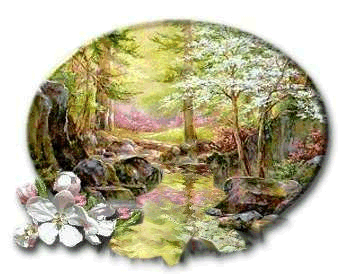Bonfire Night is held in Britain on the 5th November. It celebrates the defeat of a conspiracy to blow up the Houses of Parliament and King James I. Bonfire Night is celebrated with bonfires and fireworks.
Throughout England villages and towns:
- light huge bonfires,
- let of magnificent fireworks,
- burn an effigy (a home made model man like a scarecrow),
- celebrate the fact that Parliment and King James I were not blown sky high by Guy Fawkes!
Why do we have Guys (effigy) and Fireworks on bonfire night?
The effigy (Guy) is made out of old clothes stuffed with paper or straw. It is a reminder of Guy Fawkes. Fireworks are a reminder of the gunpowder that Guy Fawkes had hidden in Parliment.
Tradtional Bonfire Food
As well as burning the Guy, the bonfires are used to cook potatoes wrapped in foil and to heat up soup for the crowds that come to watch the bonfire.
The tradtional cake eaten on Bonfire Night is parkin. This is a sticky cake containing a mix of oatmeal, ginger, treacle an syrup.
The Story of the Gunpowder Plot
On 5th November 1605, two years after the death of Queen Elizabeth I, soldiers discovered a man called Guido (Guy) Fawkes in a cellar under the Houses of Parliament. He had with him numerous barrels of gunpowder. Guy Fawkes was arrested and tortured. He told his torturers about a plot to blow up Parliament together with the king, James I, his ministers and Members of Parliament.
Guy Fawkes was a Roman Catholic who was angry with King James, the son of the Catholic Mary Queen of Scots, because he wanted more religious toleration towards Catholics. He had joined with a group of four other Catholics led by Robert Catesby in the plot to kill the king. Catesby had made the mistake of inviting other Catholics to join the plot. One of these was called Francis Tresham. Tresham wrote a letter to his brother-in-law Lord Monteagle warning him not to go to Parliament and Monteagle told the government. Guy Fawkes and his fellow conspirators were executed as traitors.
In 1606 Parliament agreed to make 5th November a day of public thanksgiving and ever since then the day has been celebrated with fireworks and bonfires.









